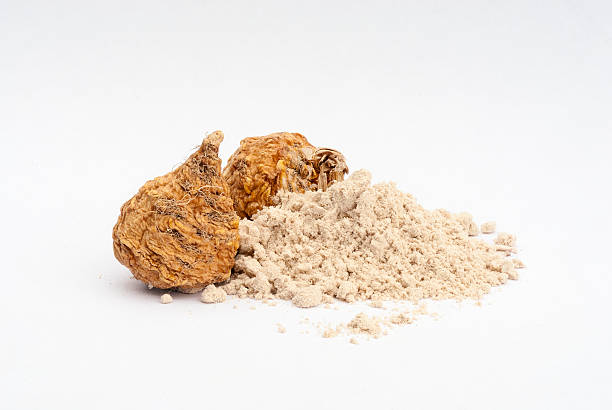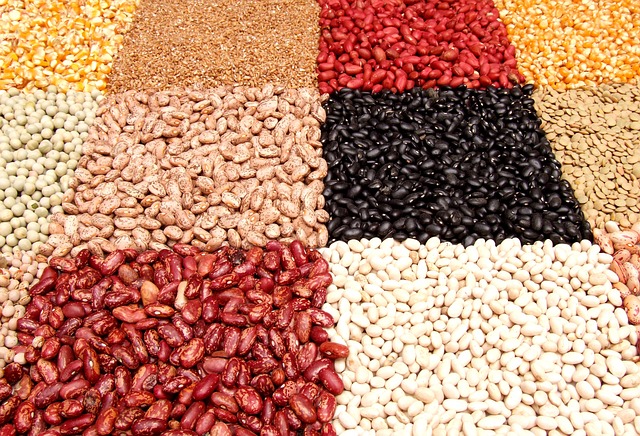Potassium is an essential mineral that plays a crucial role in various bodily functions. It is particularly important for maintaining heart health, regulating blood pressure, and ensuring proper nerve and muscle function.
Benefits of Potassium
- Heart Health: Potassium helps regulate blood pressure by counteracting the effects of sodium. It can help reduce the risk of heart disease, stroke, and kidney stones.
- Muscle Function: Potassium is essential for muscle contraction and relaxation. It helps maintain normal muscle function, including heart muscle.
- Nerve Function: Potassium helps transmit nerve impulses, ensuring proper communication between the brain and the body.
- Fluid Balance: Potassium helps maintain fluid balance in the body, preventing dehydration and other electrolyte imbalances.
- Bone Health: Potassium may help reduce bone loss and protect against osteoporosis.
Potassium Deficiency
While potassium deficiency is relatively rare, it can occur in certain individuals, especially those who take certain medications or have underlying health conditions. Symptoms of potassium deficiency may include:
- Muscle weakness
- Fatigue
- Irregular heartbeat
- Constipation
- Cramps
Sources of Potassium
Potassium is widely available in various foods. Here are some of the best sources:
- Fruits: Bananas, oranges, cantaloupe, apricots, and dried fruits like raisins and prunes.
- Vegetables: Potatoes, sweet potatoes, spinach, broccoli, and tomatoes.
- Legumes: Beans, lentils, and chickpeas.
- Dairy products: Milk and yogurt.
- Nuts and seeds: Almonds, cashews, and sunflower seeds.
Incorporating Potassium into Your Diet
To ensure you’re getting enough potassium, focus on a balanced diet rich in fruits, vegetables, and whole grains. You may also consider adding potassium-rich supplements, but it’s always best to consult with a healthcare professional before starting any new supplements.
By prioritizing potassium-rich foods and maintaining a healthy lifestyle, you can support your overall health and well-being.



